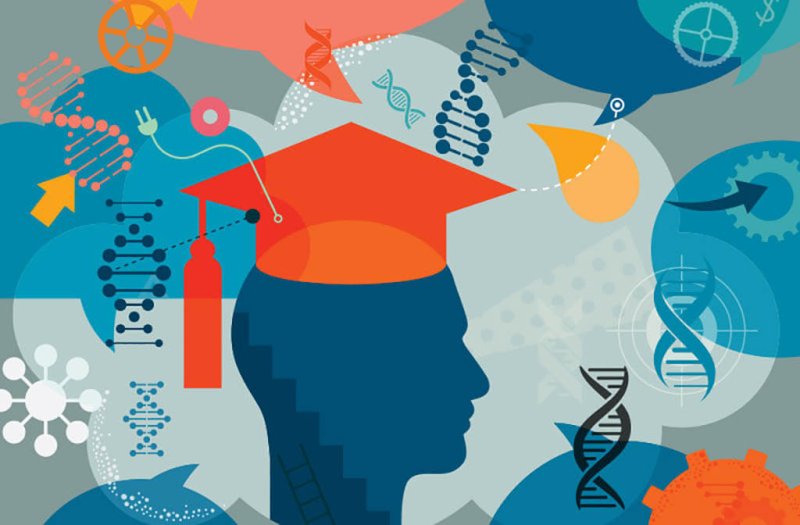Genetic tests claiming to predict people’s intellectual aptitudes or how much education they are likely to get are readily available via direct-to-consumer genetic testing companies. Some researchers are even proposing the use of such tests in educational settings for “precision education,” in which individualized student education plans would be tailored to scores generated from the genetic findings.
But a new study – the first to look at the potential psychosocial impacts of these genetic scores for educational attainment – finds that they could have negative effects on students’ self-esteem and sense of their educational potential.
“The study appears to demonstrate something similar to a well-known effect in psychology—the Pygmalion effect, which occurs when students respond to low expectations from their teachers with poor classroom performance,” says [postdoctoral researcher Lucas] Matthews.
“Our study points to something like a genetic version of the Pygmalion effect in which student performance could be negatively impacted by the lowered expectations of a poor genetic test result.”































